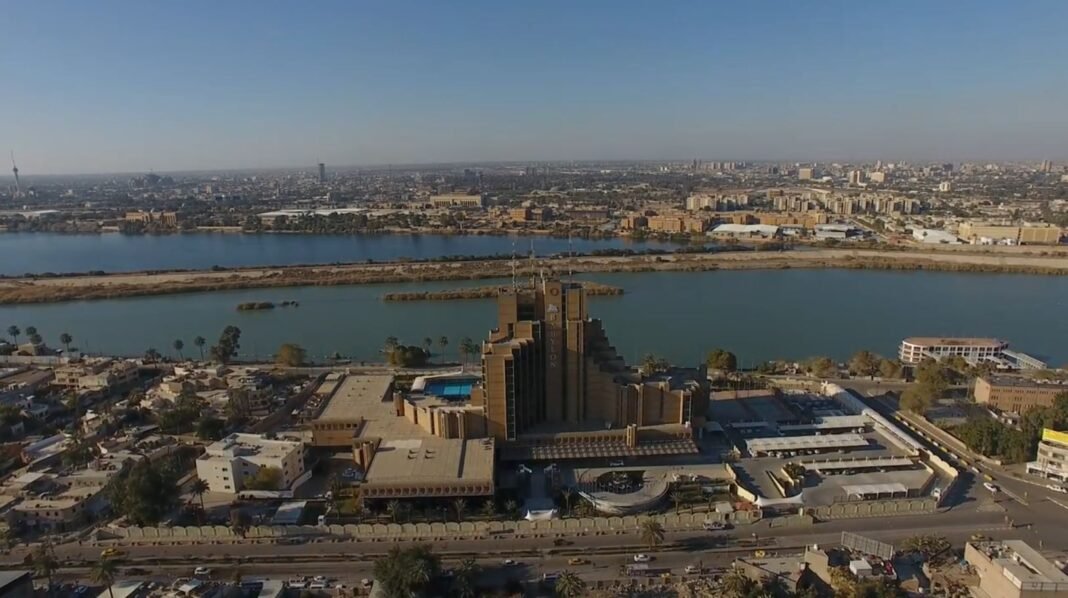The Iraq rentier economy risks and reforms have become a major concern as the country continues to depend heavily on oil revenues. Experts warn that this economic model encourages consumption over production and makes the country vulnerable to external shocks and global market fluctuations.
However, the economy’s overreliance on oil weakens domestic industries and hampers sustainable growth across multiple sectors. An Iraqi economic expert recently explained that a rentier economy tends to create a consumer-driven society. This society relies heavily on imports while neglecting its industrial and agricultural sectors.
Such a pattern fits Iraq’s current economic situation perfectly. The expert urged the government to take strong measures to boost domestic production and improve foreign trade opportunities.
According to Iraq’s Ministry of Finance, the federal budget revenues reached over 27 trillion dinars, about $18.8 million, in the first quarter of 2025. Oil revenues accounted for 91% of this total. Non-oil revenues also remained very low in comparison. This data highlights the persistence and deep-rooted nature of the rentier economic model in Iraq.
Government financial advisors link the continued oil dependency to decades of war, sanctions, and political instability. These factors have severely damaged Iraq’s economic potential and limited its growth prospects.
Furthermore, the reliance on oil revenue exposes the country to global price fluctuations. Such vulnerability often forces Iraq to borrow money to cover budget shortfalls and rising expenditures. To address these issues, the government must focus urgently on reforms. Developing the industrial and agricultural sectors can create new, diversified revenue streams.
While these reforms will reduce Iraq’s dependence on oil and strengthen the national economy. Strong financial management and economic diversification remain critical to the country’s future stability and prosperity.
In conclusion, the Iraq rentier economy risks and reforms require urgent and sustained attention. The country must shift towards a more balanced and resilient economic model to secure long-term prosperity. Tackling these challenges decisively will help Iraq build a sustainable and resilient economy.





